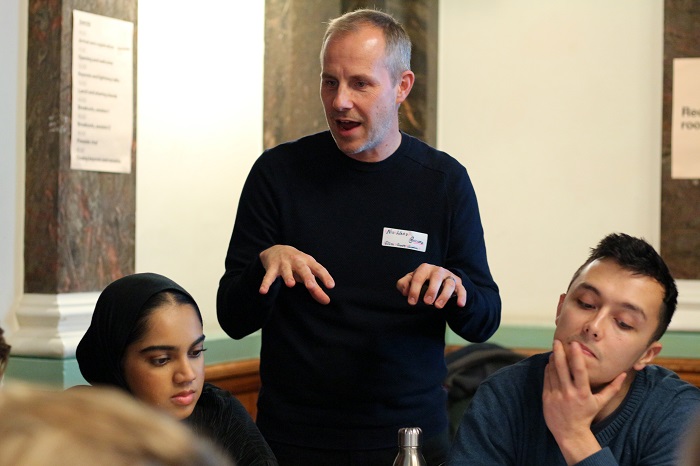
Like most public sector teams, we’ve been busy helping colleagues across Essex to respond to the coronavirus (COVID-19) pandemic.
Everything changed as teams across the organisation shifted their focus towards the response. A lot of our planned work got paused, and as a new team our place in the response wasn’t immediately clear.
Our public health, social care commissioning and front-line service teams were at the vanguard. The problem-framing and the time we would normally take to make sure that teams were oriented for success were not an option.
Policy, guidance, data and people's understanding was changing on an hourly basis, and teams were stretched to capacity. We knew we could help, but for a short while at the start we weren’t sure how.
But, crucially, the relationships that we've built over the past few years meant that we found ourselves in the right conversations. As we listened to the new pressures and priorities that colleagues were trying to untangle, we soon found ways to add value.
Question, visualise, share, repeat
As always, it was the simple things that worked best.
Things like being user-centred, questioning what we were hearing and visualising what we thought we’d heard. Working in the open and iterating quickly, without the fear of being wrong. Sense-making, testing, validating.
These ended up being the things that added value in the heat of our initial response.
We jumped in to support work around the provision of food, medicines and wellbeing services to Essex’s ‘Category B’ shielded residents.
Everything was happening at the same time as teams worked to make sense of:
- rapidly emerging central government direction and data
- newly focused relationships with District Council colleagues whilst they worked to set up local community hubs
- the emergence of thousands of new volunteers who wanted to help their local communities
- support from large local organisations who offered up people and resources to support the local response
- working with supermarkets and medical supply chains whilst they responded to issues with panic buying in lockdown
- new and evolving partnerships with health and community providers, charities and software suppliers
Significantly, we were also in the midst of the crisis. All of this was being managed by people, us included, who were having to adapt new remote working practices and technologies, while juggling childcare and the space in our homes to keep things workable.
When everything changes: back to basics
The work that we did and the outputs that we created during those first few weeks were functional, simple and (most importantly) accessible. We took people’s ‘brain spaghetti’ - their words, not ours - and created practical, understandable guidance, processes and visuals. We created simple tools that helped to build common understanding. We supported the development of practical, testable solutions.
Our role wasn’t to be accountable, take control or to make the decisions. Our role was to facilitate and enable quick and effective decision-making by others. Our objectivity enabled us to ask the right questions and add immediate value to strategic conversations. Our willingness to get things wrong so we could learn what was right, supported tactical teams and helped them to keep people safe and well.
The legacy: more trust, further iteration, more reach
We know that the work we did to support the council's response to the pandemic was appreciated because our colleagues have told us so (which was very nice of them).
By adapting alongside service teams, we’ve ‘shown the thing’ and helped to prove the value of design approaches and skills.
We’ve shown that whilst our approach is usually reflective, considered and deliberate, we can also be flexible, responsive and helpful in the moment.
We’re optimistic that this will enable us to stay in the conversation and play an active part in the county’s recovery - and whatever else lies ahead.
1 comment
Comment by Lee posted on
Well done Nic and team. This was our experience in Stockport too. Our BAs and designers facilitated and enabled better decision making. Helping those who needed to make decisions and create services quickly to get their thoughts and needs out of their heads so it could be entangled, visualised, validated, challenged and then actioned.